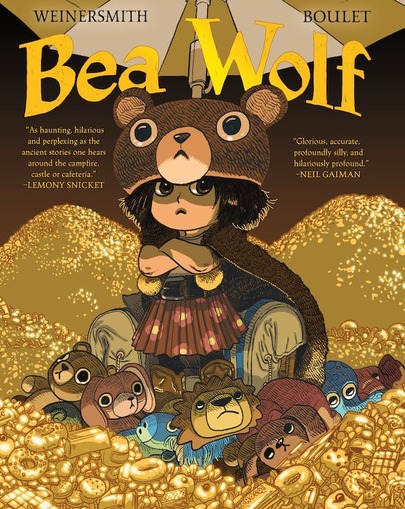In 2015, I had my first story accepted for publication. I'd seen a posting for the Black Orchid Novella Award. For those unfamiliar, the Black Orchid is a collaboration between The Wolfe Pack, the Official Nero Wolfe Literary Society, and Alfred Hitchcock's Mystery Magazine.
The challenge is to write a 15 to 20,000-word story in the deductive style exemplified by the Nero Wolfe series. I submitted a story, and it was selected. In December 2015, The Wolfe Pack etched my name onto the scroll of winners, a list that included fellow SleuthSayers Steve Liskow and Robert Lopresti. Alfred Hitchcock's Mystery Magazine published "A Meter of Murder" the following summer.
(The next deadline is May 31st, 2025, for anyone wishing to enter the contest. The details may be found at The Wolfe Pack's website.)
The winner is feted at a banquet in Manhattan. My traveling companion and I gleefully traveled to New York City for the dinner. The evening was a clubby affair with song competitions and toasts dedicated to the cast of characters inhabiting Rex Stout's fictional universe. An erudite speaker talked about the author's place in the mystery genre surrounded by a roomful of well-dressed aficionados.
I was an almost-published author sitting as a guest of honor at a banquet in the literary capital of the United States. I exuded bonhomie and urbanity.
I might easily have said that I felt smart and happy. Banqueted literary sophisticates, however, allow words like bonhomie to drop effortlessly from our lips. They are what set us apart.
Shortly after my triumphal return to Fort Worth, I received a compliment from a woman who had attended the dinner. She emailed me to say she'd read and enjoyed the story. In particular, she praised the denouement.
Since our conversation was via email, I had the opportunity to look up denouement before I replied. I was pretty sure I knew what she meant; the context clues revealed that. But as a recently banqueted, budding literary sophisticate, it was not a word I'd ever used, so I wanted to double-check.
In the legal profession, we tend to say final argument or summation. I knew those terms. I also had a smattering of impressive-sounding legal-Latin phrases at my tongue's command. Literary words, however, I was still picking up one at a time.
Before replying, I looked up denouement's definition and confirmed I understood the meaning. I also checked the pronunciation guide. After a few quick taps into my search engine, I quickly and accurately wrote her back, thanking her for her kind words. I'm confident my reply dripped literary panache.
For the scant few who might also have missed English class that day, denouement is an elegant literary term used to describe the final part of a story. The denouement is the place in the tale where the details are wrapped up, where the various threads of the plot are drawn together and resolved. Our English word was first borrowed in the 18th Century from a French term for "untying." The guides to proper pronunciation taught me to say Dey-noo-mahn, although the internet authorities have differing views on how much emphasis to place on that final N. Everyone agrees that the T gets kicked to the curb.
It's not often that you can accurately say when you learned a word. I can pinpoint this one. My path to knowledge began on the first Saturday in December 2015.
When I've had a brief run of publications or something else has occurred to make me think I'm all literary, I'll remember that story. Before I pull out the herringbone jacket with the leather elbow patches and begin holding forth, I remind myself of how I learned this stock literary term late in the game. It makes me remember how much more I still need to know about this writing business. The lesson, undoubtedly, has saved me from embarrassment. (Summertime in Fort Worth is way too hot for tweed anyway.) Recalling the story helps me reset my ego. The memory proves less bruising than opening the folder containing all my recent rejection emails.
The current issue of Alfred Hitchcock's Mystery Magazine contains my story, "The Denouement of a Most Curious Case." And there you have the story's origin. The tale might have easily been "The Resolution of a Most Curious Case" or "The Solution to a Most Curious Case." But for me, it had to be Denouement.
The word simultaneously reminds me of a success and a failure. It conjures up an image of an education continually in progress. The story began with an idea about writing a denouement, and the tale piled up around it. Starting with "A Meter of Murder," I've always been thrilled when the folks at Alfred Hitchcock include one of my stories. I'm again honored that they chose to publish this one.
And since Denouement is printed rather than spoken, I don't have to reveal how much emphasis I put on the final N.
Until next time.
.jpg)

.JPG)







































